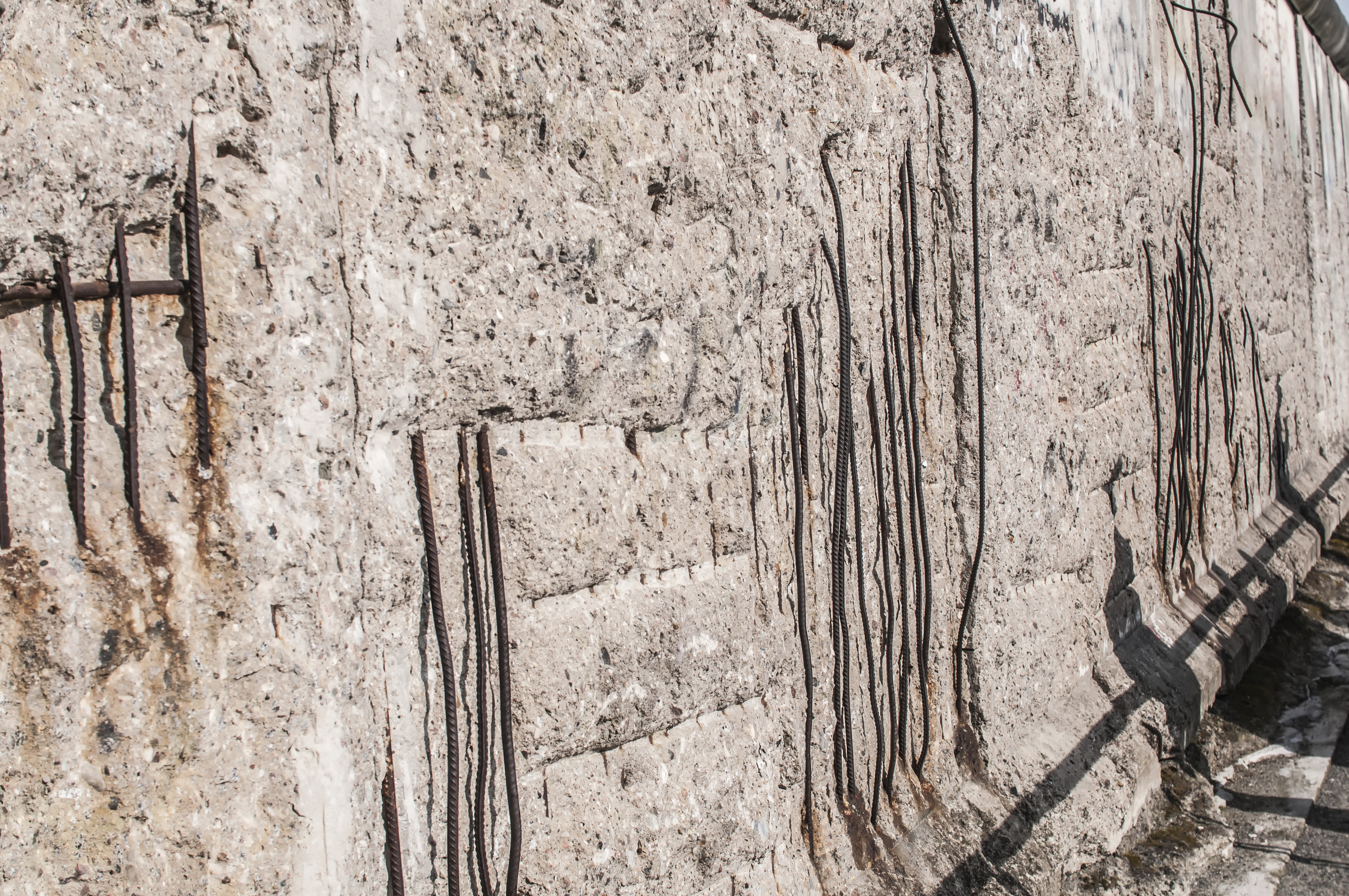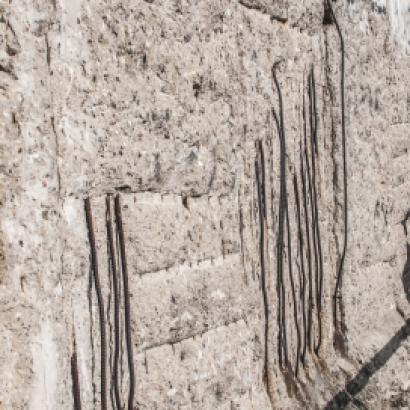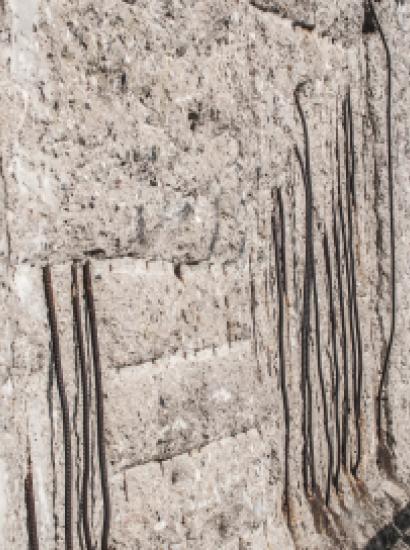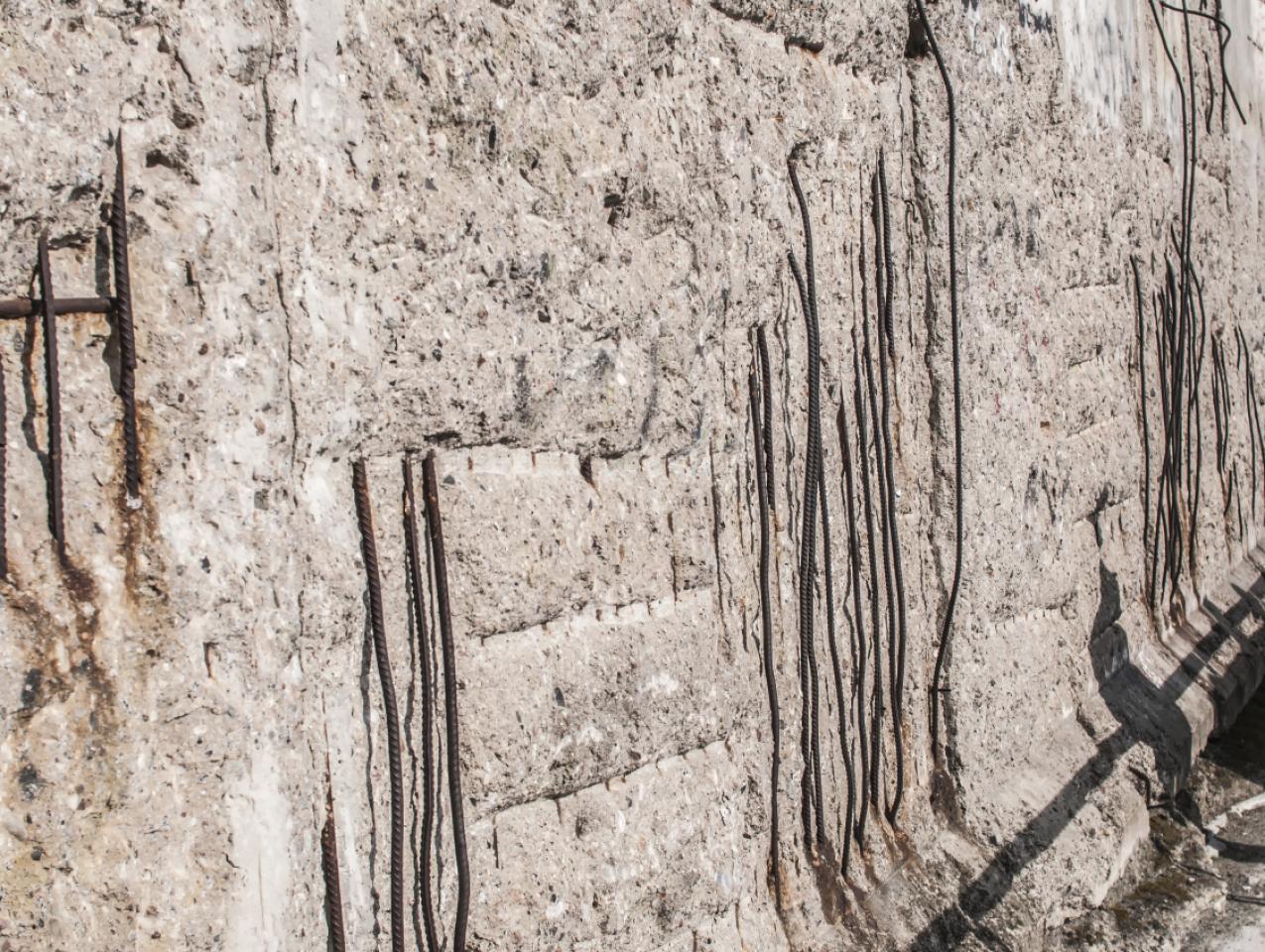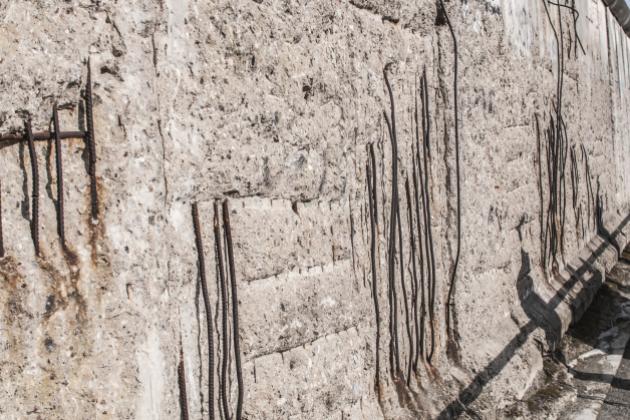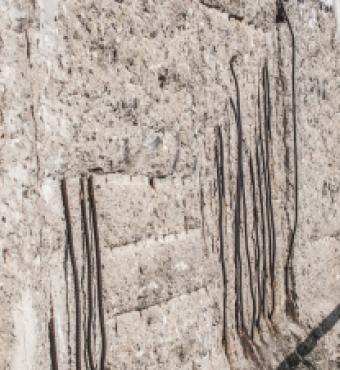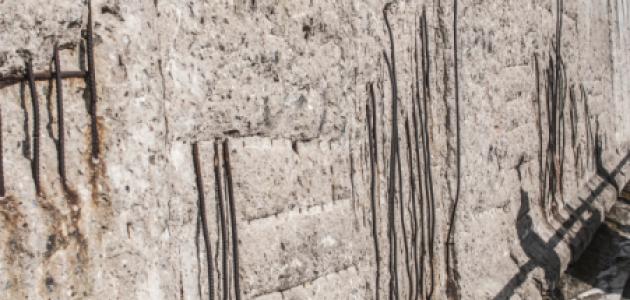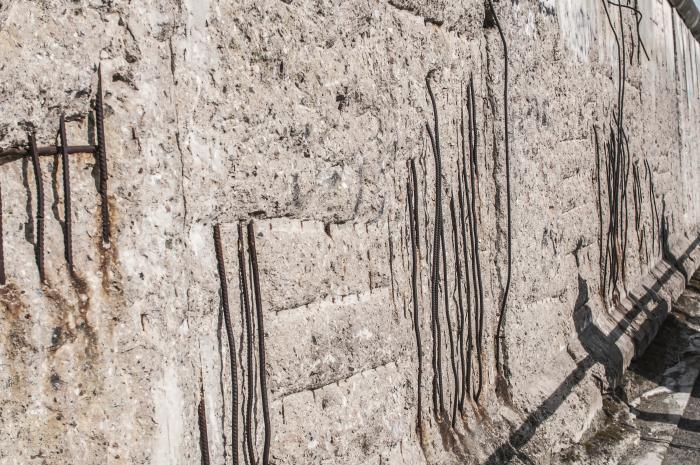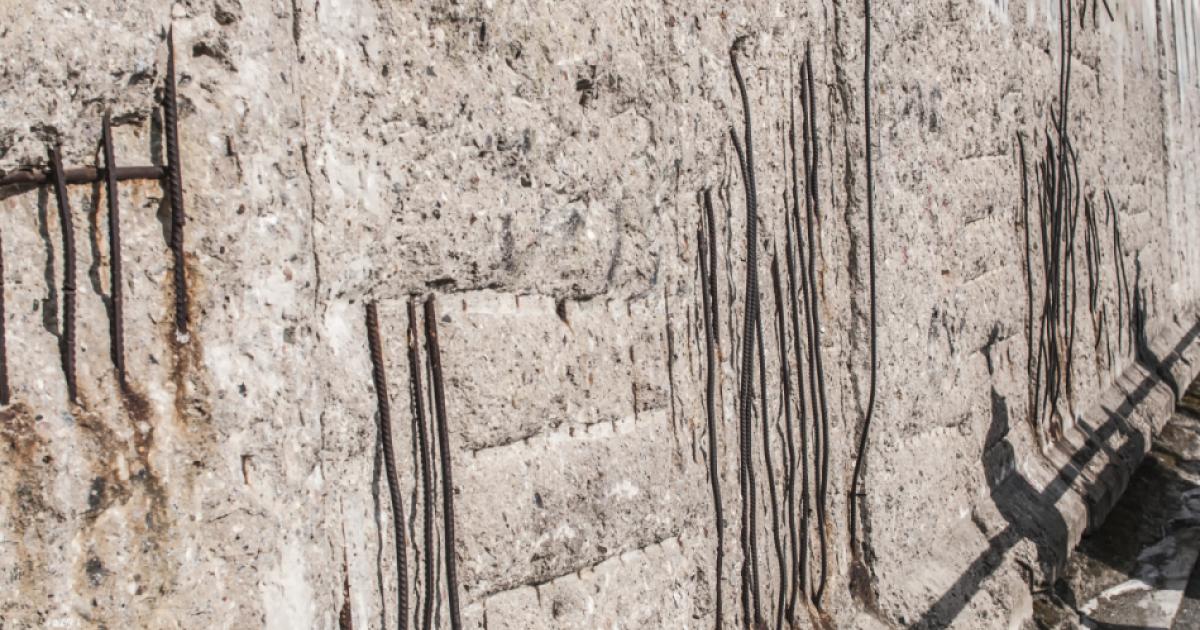We are coming up on the 50th anniversary of the building of the Berlin Wall, August 13, 1961, a day that I remember well. That afternoon, the telephone rang in my office and on the other end was President Kennedy. He was trying to reach Secretary of Defense McNamara, or my boss, Paul Nitze, but both were on vacation so the call rattled down to me. He wanted to know what was going on in Berlin (where it was already night). I said something obvious like "The East Germans are finally blocking the flight of people from East Berlin to the West." Their doing this came as no surprise but the timing was well concealed. Fortunately, the President didn't ask me what he should do; if he had I would probably have said nothing much could be done in Berlin but we had substantial options open elsewhere. However, we know that he chose to do nothing consequential in response to the building of the Wall.
Frederick Kempe's new book, Berlin 1961, covers the lead up to this event and its consequences. He reports, based on extensive material from the archives of both sides, that General Secretary Khruschev believed Kennedy to be intelligent but weak. Hence, he thought he could get away with stemming the flood of East Germans to the West --and he was right. However, his reading of Kennedy caused him to make a mistake a year later: sending nuclear-armed missiles to Cuba. Kennedy saw this action as not only threatening the US directly but also as setting up conditions for the US giving up its position in Berlin. We know that Khruschev's gambit failed (although we traded away our missiles in Turkey).
This history leads to the following speculation: Had Kennedy been more determined over keeping West Berlin open to East Berliners, the Cuban Missile Crisis, the most dangerous episode during the Cold War, might not have happened.
We remained in Berlin; 28 years after its construction, the Wall came down.






